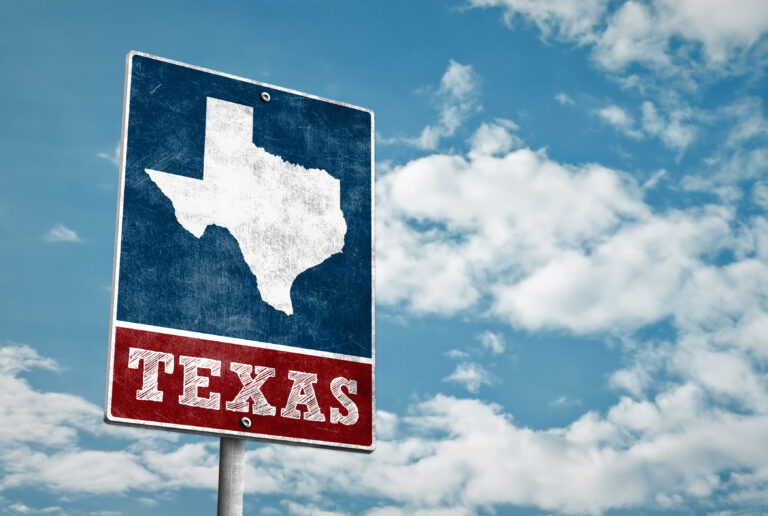The Texas Supreme Court upheld the state’s prohibition on gender-affirming care for transgender youths Friday, rejecting pleas from parents that it violates their right to decide on and seek medical care for their children.
The 8-1 ruling from the all-Republican court leaves in place a law that has been in effect since Sept. 1, 2023. Texas is the largest of at least 25 states that have adopted laws restricting or banning gender-affirming medical care for transgender minors.
The Texas law prohibits transgender individuals under 18 from obtaining hormone therapies, puberty blockers, and transition surgeries, although surgical procedures are rarely conducted on minors. Minors who were already using these medications were required to gradually discontinue their use.
“We conclude the Legislature made a permissible, rational policy choice to limit the types of available medical procedures for children, particularly in light of the relative nascency of both gender dysphoria and its various modes of treatment and the Legislature’s express constitutional authority to regulate the practice of medicine,” Justice Rebeca Aizpuru Huddle wrote in the court’s decision.
The legal challenge against the Texas law contended that it severely impacts transgender adolescents who cannot access essential treatments recommended by their doctors and parents. The Williams Institute at the UCLA School of Law approximates that around 29,800 individuals aged 13-17 in Texas identify as transgender.
The lone justice who opposed Friday’s decision stated that the Texas Supreme Court was permitting the state to “legislate against fundamental parental rights.”
“The State’s categorical statutory prohibition prevents these parents, and many others, from developing individualized treatment plans for their children in consultation with their physicians, even the children for whom treatment could be lifesaving,” Justice Debra Lehrmann wrote in a dissenting opinion. “The law is not only cruel — it is unconstitutional.”
A lower court had ruled the law unconstitutional, but it was allowed to take effect while the state Supreme Court considered the case.
Get instant and latest news updates via Our WhatsApp Community or Google News online channel.


